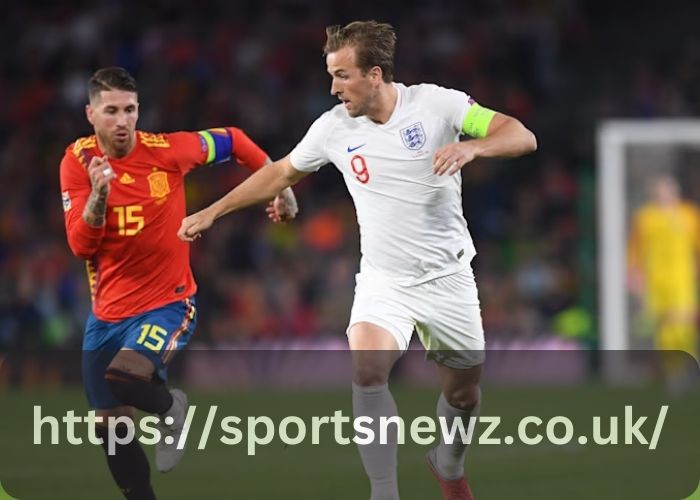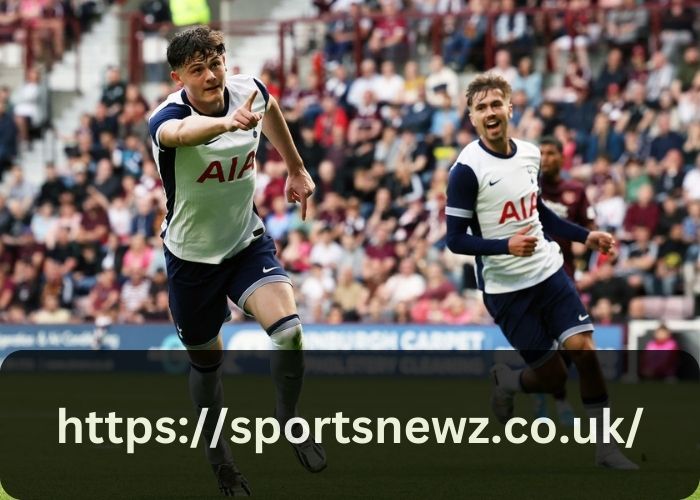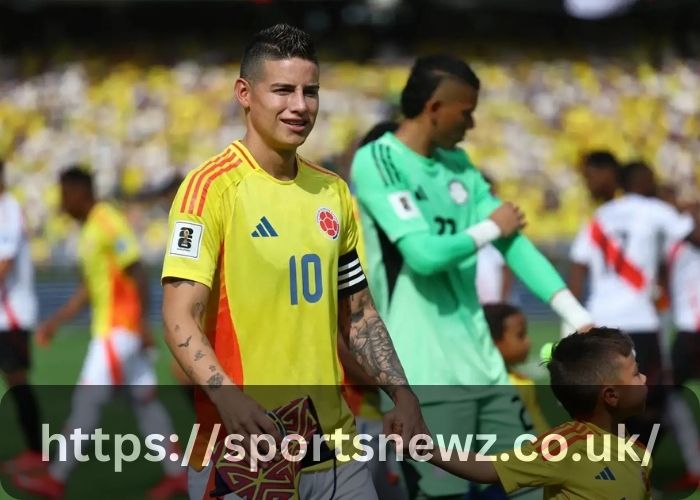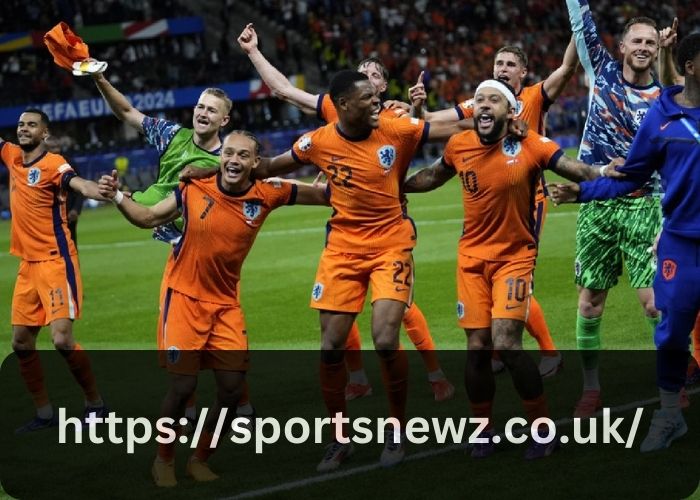Spain and England share an enviable legacy as international football rivals, their battles embodying the competitive spirit of the game and providing unforgettable moments on the pitch.
At the UEFA Euro 2024 tournament, this high-stakes showdown occurred when the Spain national football team vs England national football team timelines faced off, with England looking to claim their inaugural continental crown.
| Spain (4-2-3-1) | England (3-4-2-1) |
| Unai Simón (GK) | Jordan Pickford (GK) |
| Dani Carvajal | Kyle Walker |
| Robin Le Normand | John Stones |
| Aymeric Laporte | Marc Guéhi |
| Marc Cucurella | Luke Shaw |
| Rodri | Bukayo Saka |
| Fabián Ruiz | Kobbie Mainoo |
| Lamine Yamal | Declan Rice |
| Dani Olmo | Phil Foden |
| Nico Williams | Jude Bellingham |
| Álvaro Morata (C) | Harry Kane (C) |
Origins of National Football Team
The initial clashes between these teams set the scene for an epic rivalry that would grip football fans worldwide. Early encounters revealed England’s physical style against Spain’s growing technical ability; these matches took place at some of football’s most iconic stadiums such as Wembley Stadium and Santiago Bernabeu to add an air of grandeur and ensure each match ended on an unforgettable note.
As the game evolved, both sides developed their own tactical systems. Spain embraced tiki-taka – an intricate possession football style using intricate passing and technical skill that enabled their team to dominate opponents by controlling both ball and opponent simultaneously – becoming one of the premier forces in international football as a result. This system proved highly successful and led to one of the nation’s teams becoming one of the dominant forces worldwide.
By the 2020s, Spain had emerged as a formidable national team, winning three European Championship titles and one UEFA Nations League crown. Their success could be attributed to both their tactical approach as well as individual talent such as Xavi and Alexia Putellas; ultimately becoming synonymous with their name “Spain.”
After Luis Aragones left, there were questions over the future of the team; however, Vicente del Bosque brought new life into national team play; his version of tiki-taka allowed possession while simultaneously applying pressure against opposing defenses resulting in more dynamic games that favored attacking side.
These changes were immediately evident: Spain defeated Germany and Italy in the semifinals to advance to their fourth consecutive final – becoming only team in tournament history to do so! They then defeated Portugal in the final to claim their third European Championship title.
Both teams will face off at Berlin’s Olympiastadion for an anticipated matchup on Monday, with England hoping to end 58-year wait and win their first continental trophy since 1953. Sports Mole takes a look back at their head-to-head matches – Three Lions edge out La Roja with 14 victories to 10.
Key Matches of National Football Team
Modern international football rivalries are legendary, and none more so than England and Spain’s epic battles are. Each encounter between these nations has produced thrilling matches with opposing styles of play showcasing pure brilliance from both players. This post delves into their history through key matches and performances that have helped build it over the decades.
Spain and England have met on many occasions at major tournaments, such as the 1982 World Cup and Euro 1996. Their meetings have provided some of the highest-stakes matches ever witnessed in football and offered insight into how these teams adapt and change over time.
Spain and England both possess different styles that adds drama and excitement to these games, with Spain emphasizing possession-based play while England adopts more direct and physical tactics. Over time, their rivalry has deepened; both teams adjusting their tactics and strategies in an attempt to outwit one another on the pitch; Spain refined their tiki-taka style under managers Luis Aragones and Vicente del Bosque while England adopted more versatile play under Gareth Southgate.
Both teams boast immense talent and promise an entertaining, competitive affair in this contest. The midfield battle should prove particularly intriguing as Rodri of Spain and Kobbie Mainoo of England vie for control of the middle of the park – both players are exceptional, but Rodri’s ability to dictate play has proven key for Spain at this tournament, leaving opposing teams struggling to breach Spain’s defenses.
This match-up will be an extremely pivotal one for both sides, as a win would put them in an advantageous position to advance further in the competition. Furthermore, this game provides both teams an opportunity to demonstrate their top talents and cement themselves as global powerhouses in soccer. Both sides possess enough talent and strategy to win it on any given day; all will come down to minute details on game day.
Player Performances of National Football Team
England and Spain’s rivalry has always mirrored the development of the game, from tactical innovations to changes in player development and coaching philosophies, the teams’ meetings have had a dramatic effect on footballing culture. This match provides both countries an opportunity to write another chapter into their respective histories.
The final will be an intriguing battle of styles. England will rely heavily on their ability to impose their style of play and create opportunities in order to determine its outcome, while Spain could surprise with their fluid transition play and prove decisive.
Spain haven’t reached the heights of 2008 when Xavi, Iniesta and Carlos Puyol could exert their will, yet have shown remarkable resilience compared to prior tournaments and are still capable of producing world-class performances. De la Fuente’s side may feature fewer of its marquee names compared to 2008 but still boast an outstanding core. Rodri, the Player of the Tournament award recipient in this tournament has quickly emerged as one of the game’s leading defensive midfielders.
De la Fuente has taken great care to utilize his bench, with Salma Parallulo and Mikel Oyarzabal playing significant roles in Spain’s two recent victories. This shows they possess a more valuable squad overall allowing for higher quality replacements late in games as well as greater variety off their bench attack options.
Luke Shaw replaced Gary Cahill as England’s starting centre back for this match; otherwise their starting lineup remained the same from their semifinal victory against Netherlands.
Evolution of National Football Team
Spain’s national team stands as an emblem of its proud history and insatiable passion for football. Recognized internationally as an iconic team known as “La Furia Roja”, or The Red Squad, Spain is widely considered to be among the greatest teams ever seen on an international football field.
At the 1920 Summer Olympics, Spain first participated in a major football tournament and triumphed against Denmark despite coming into the match with high expectations, defeating them 4-1 to earn themselves their first medals of any significance.
Over the subsequent decades, Spain would gradually improve and become one of the top international powers. They won their first major trophy when they defeated Soviet Union 2-1 in the European Championship final a mere few years after World War II ended; many saw Spain’s triumphant performance as an encouraging sign that peace could reign again.
Spain was transformed under manager Vicente del Bosque into an international football powerhouse. Del Bosque helped his team develop its unique “tiki-taka” style of play based upon team unity and understanding the geometry of space on a football field; this approach to game gave La Furia Roja its distinct style of football play and identity.
In 2008, Spain made history when they became the first team ever to win back-to-back European Championship titles with an upset over Germany in Berlin’s final. They went on to claim both 2010 World Cup and 2012 Euros titles as well, becoming the most accomplished international team ever.
Though still relatively young, Spain’s national football team boasts many stars who have made their mark in Europe’s toughest tournaments – such as Antoine Griezmann, David Silva, Rodri, and Mikel Oyarzabal. All have made key contributions towards its success.
Following England’s heartbreaking 2-1 loss to France in the Euro 2024 final, Gareth Southgate declined to give an official response when asked about his future as coach of England. Instead he indicated his intent of holding talks with players before deciding upon plans.
Also Read: Netherlands National Football Team vs England National Football Team Lineups




